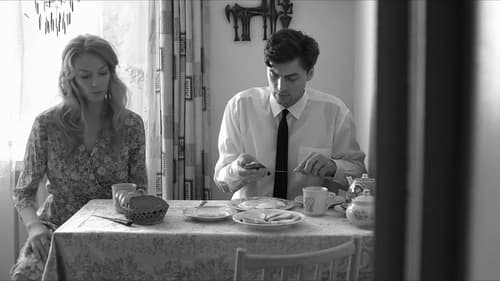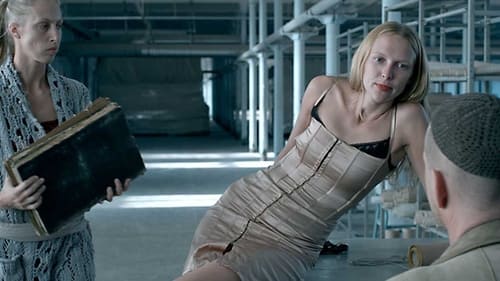Kaire Vilgats
出生 : 1976-01-11,
略歴
Kaire Vilgats (born 11 January 1976) is an Estonian vocalist and actress, known for numerous roles in stage musicals. Over the years, she has repeatedly participated in the Eurovision Song Contest as a backing vocalist for Estonian entries.
Kaire Vilgats was born and spent her childhood in Pärnu, a resort town in the south-west of Estonia, where she also went to school. She learnt the accordion in a music school before taking classes in singing.
Vilgats has later been trained in pop-jazz singing at the Georg Ots Music School in Tallinn, with Silvi Vrait as her vocal coach.
In 1999, Vilgats was awarded third place in the Kaks takti ette contest for young singers, organized by Estonian Television. The winner of that season was an Estonian rock star, Tanel Padar, with Eda-Ines Etti in second position. The same year, she was cast in the company of the Estonian production of the musical La Cage aux Folles which was her theatre début. A series of supporting roles in musicals were to follow.
Kaire Vilgats has been the musical director of the Estonian Puppet Theatre in Tallinn, where she composed music for children's musicals and plays, like, The Little Witch by Otfried Preußler.
In 2006, she was nominated for an Estonian theatre prize for the supporting role of Amps in the musical Romeo & Julia [et] but did not win.







